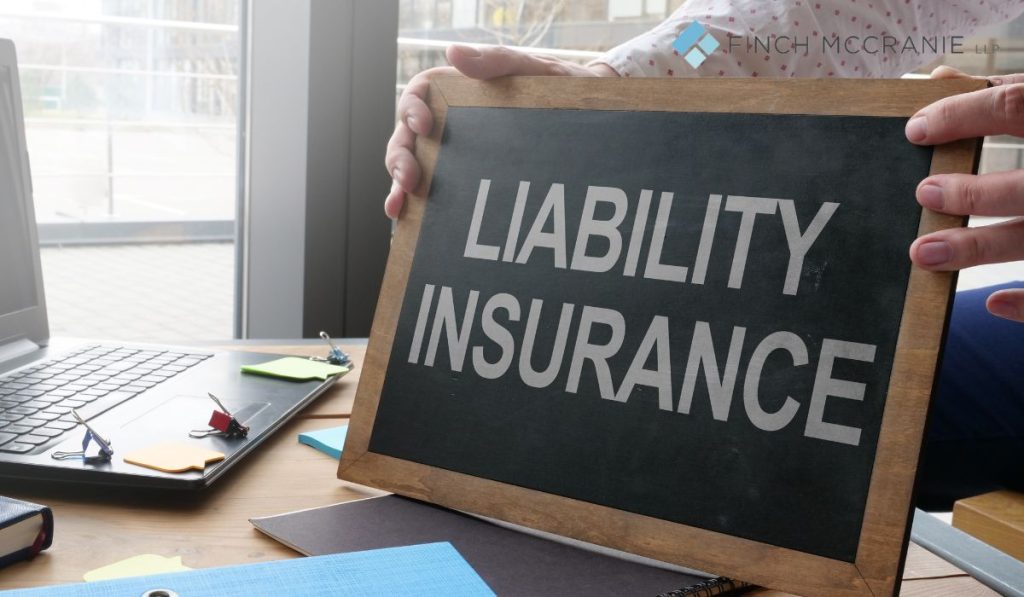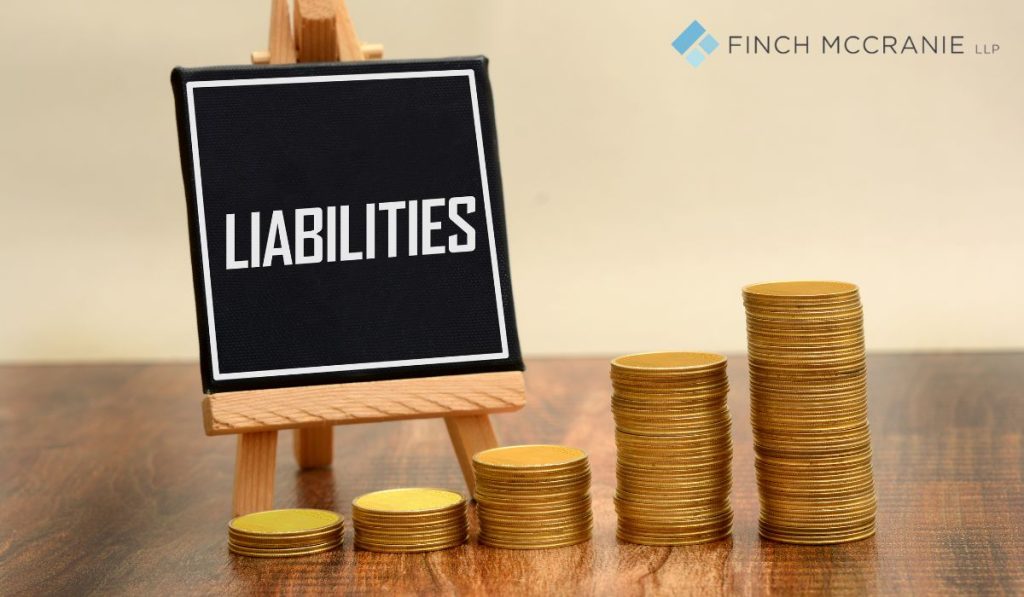Product liability class actions have become increasingly prevalent in today’s consumer-driven world.
These legal actions empower consumers to seek justice when a defective product has harmed them.
This comprehensive article will delve into the intricacies of product liability class actions, exploring what they entail, how they work, and why they are essential in safeguarding consumers’ rights.
What Is a Product Liability Class Action?
A product liability class action is a legal proceeding that allows a group of individuals, known as the class, to collectively sue a manufacturer or seller of a product that has caused harm due to defects or safety issues.
This mechanism allows individuals with similar claims to join forces, making pursuing justice more cost-effective and efficient.
Common Types of Product Defects
Product defects can take various forms, including design defects, manufacturing defects, and marketing defects.
Design defects are inherent flaws in a product’s design, while manufacturing defects occur during the production process, leading to individual product flaws.
Marketing defects involve inadequate warnings or instructions failing to alert consumers to potential product use risks.
Critical Elements of a Product Liability Case
Several key elements must be established to initiate a product liability class action.

These include proving the existence of a defect, demonstrating that the defect caused harm, and identifying a link between the fault and the manufacturer or seller’s actions or negligence.
The Role of Class Certification
Class certification is a critical step in the process.
It determines whether the case can proceed as a class action.
Courts assess factors such as commonality among class members’ claims and whether a class action is the most efficient means of resolving the dispute.
Initiating a Product Liability Class Action
Bringing a product liability class action typically involves filing a complaint that outlines the allegations against the manufacturer or seller.
The lawsuit proceeds once the class is certified and class members become part of the litigation.
Benefits of Joining a Class Action Lawsuit
One of the primary benefits of joining a class action lawsuit is the collective strength it offers.
Class members share legal costs and can collectively negotiate settlements or pursue litigation, increasing their chances of securing compensation.
Challenges Faced by Plaintiffs
While product liability class actions offer numerous advantages, they are not without challenges.
Plaintiffs must overcome hurdles such as establishing causation and demonstrating that the defect caused harm.
Defenses Employed by Manufacturers
Manufacturers often employ various defenses to protect themselves in product liability class actions.
These may include arguing that the product was misused, that the defect was not present when it left their control, or that the risks were adequately communicated to consumers.
Notable Product Liability Class Action Cases
Throughout history, several high-profile product liability class action cases have brought about significant changes in product safety standards and consumer protection.
These cases are essential examples of how collective action can lead to positive change.
How Compensation Is Determined
Compensation in product liability class actions can vary widely.
It may include medical expenses, lost wages, pain and suffering, and, in some cases, punitive damages to deter manufacturers from producing unsafe products in the future.
The Importance of Expert Witnesses
Expert witnesses often play a pivotal role in product liability cases, providing specialized knowledge to support the plaintiffs’ claims.
Their testimony can be instrumental in proving the defect’s existence and its causal link to the harm suffered.
Settlement vs. Litigation

Many product liability class actions are resolved through settlements.
These agreements offer compensation to class members while avoiding the time and uncertainty of a trial.
However, some cases proceed to litigation when parties cannot reach a satisfactory settlement.
The Impact of Product Liability Class Actions
Product liability class actions have had a significant impact on consumer protection.
They have prompted manufacturers to improve product safety standards, leading to safer products for all consumers.
Conclusion
In conclusion, product liability class actions are vital for protecting consumers’ rights and holding manufacturers accountable for defective products.
These legal actions empower individuals to seek compensation and drive positive change in product safety standards.
FAQs
What is the statute of limitations for filing a product liability class action lawsuit?
The statute of limitations varies by state and the nature of the claim. It is crucial to consult with an attorney to determine the specific deadline for your case.
Can I join a product liability class action if I only suffered minor injuries?
You can still join a class action if you have suffered minor injuries. The severity of the harm does not necessarily disqualify you from participating.
What should I do if I receive a notice about a product liability class action I might be a part of?
It is advisable to consult with an attorney before taking any action. They can guide your best course of action.
Are class members required to pay legal fees in a product liability class action?
Class members typically do not pay legal fees upfront. Attorneys in class actions often work on a contingency basis, earning a percentage of the settlement or judgment.
Can a product liability class action force a company to recall a dangerous product?
Successful product liability class actions can lead to product recalls if the defective product poses a significant risk to consumers’ safety.
What types of products are commonly involved in product liability class actions?
Product liability class actions can involve many products, including pharmaceuticals, automobiles, consumer electronics, medical devices, food products, etc. Any product with defects that cause harm to consumers may become the subject of a class action.
Is it necessary to prove negligence on the manufacturer’s part in a product liability class action?
In some product liability cases, negligence on the part of the manufacturer or seller may need to be proven. However, in other cases, strict liability laws may apply, where the focus is on the product’s defect and the harm it caused rather than the manufacturer’s negligence.
How long does it typically take for a product liability class action to resolve?
The duration of a product liability class action can vary widely. Some cases may be resolved quickly through settlements, while others can take several years, especially if they go to trial. The timeline depends on factors like the case’s complexity and the parties’ willingness to negotiate.
What happens if a product liability class action is unsuccessful?
Suppose a product liability class action is unsuccessful and does not result in a settlement or favorable judgment. In that case, individual class members may still have the option to pursue their claims individually. An unsuccessful class action does not necessarily prevent individuals from seeking compensation alone.
Can I join a product liability class action if I no longer have the defective product or proof of purchase?
In many cases, you can still join a product liability class action, even if you no longer possess the defective product or proof of purchase. Class action attorneys can guide you on the specific requirements for participation, which may vary from case to case.
 Trial Attorney Blog
Trial Attorney Blog

